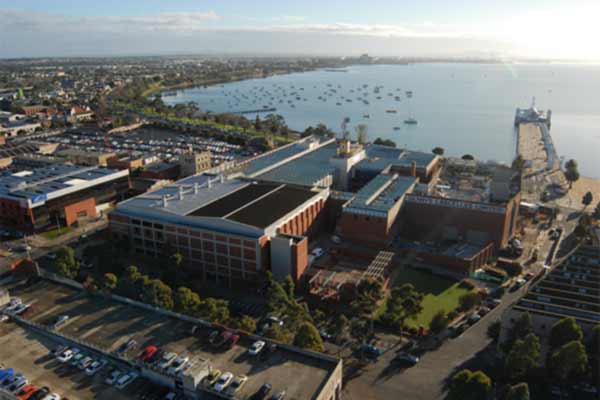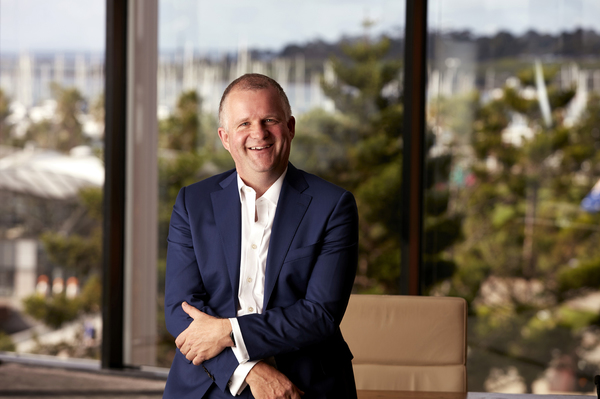Deakin University plans to shed about 300 jobs and leave another 100 vacancies unfilled with the COVID-19 pandemic expected to cost it $250-$300 million in revenue.
Deakin Vice-Chancellor Iain Martin outlined the cuts, representing about three per cent of the university’s workforce of 10,500, in a proposal to staff on Monday.
“As a University, we spend 55 per cent of our total revenue on staff,” he said.
“While we will do everything possible to minimise staff impacts, we must look at our employment costs as well as continuing to minimise other expenditure to adjust to where we need to be.”
The 400 positions were not all full time, Professor Martin said. The university expects its total income to fall by about 14 per cent amid the pandemic.
The approach, combining debt- and cost-savings, would ensure that Deakin could preserve as many jobs as possible in the “medium term”, Professor Martin said.
The proposal comes after Deakin University’s council rejected the National Tertiary Education Union’s COVID-19 Job Protection Framework on May 21.
The framework would constrain Deakin’s council in deciding the university’s “best short, medium, and longer-term interests”, Professor Martin said.
Deakin saw “no need” to enact measures in the framework including stand-downs, forced leave, forced reduction of hours and across the board pay cuts of up to 15 per cent, he said.
Professor Martin instead proposed adopting Deakin’s initial response to COVID-19, as endorsed by the university’s council on May 7, and temporary variations to its current enterprise agreement.
“Each university across Australia is in a different position, and this context must guide the decisions that are made,” he said.
“We are mapping out a future for our university that must consider not just 2020 but also the next three-to-five years.
“What Deakin delivers matters, it matters to our students, our immediate local communities, the state, the nation and, through our many connections and networks, it matters globally, and it matters now more than ever.
“I acknowledge again that managing 2020 and the next two-to-three years is about far more than money.
“But without a solid and sustainable financial position we will not be able to make the impact generating contributions that will be needed across our communities.”










